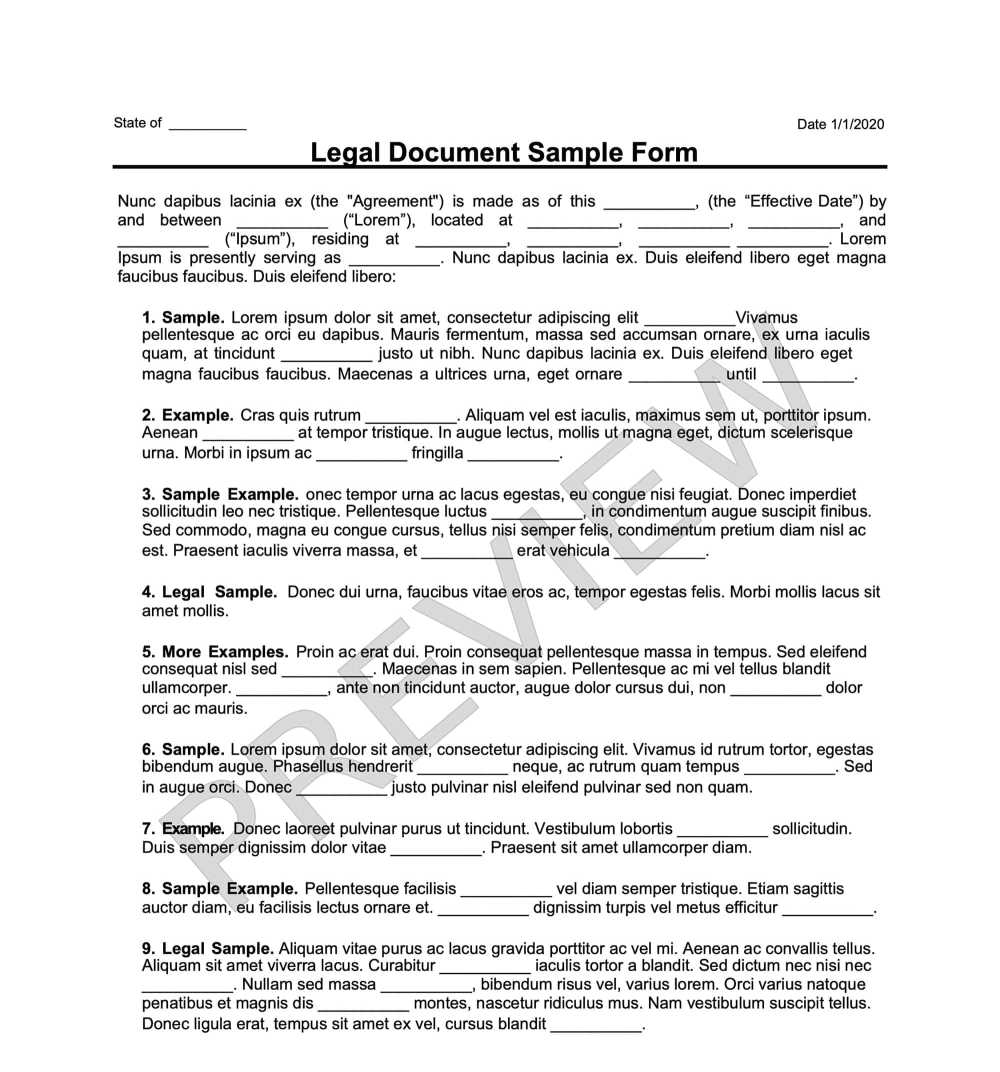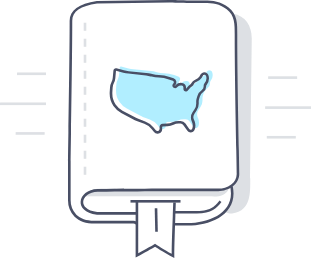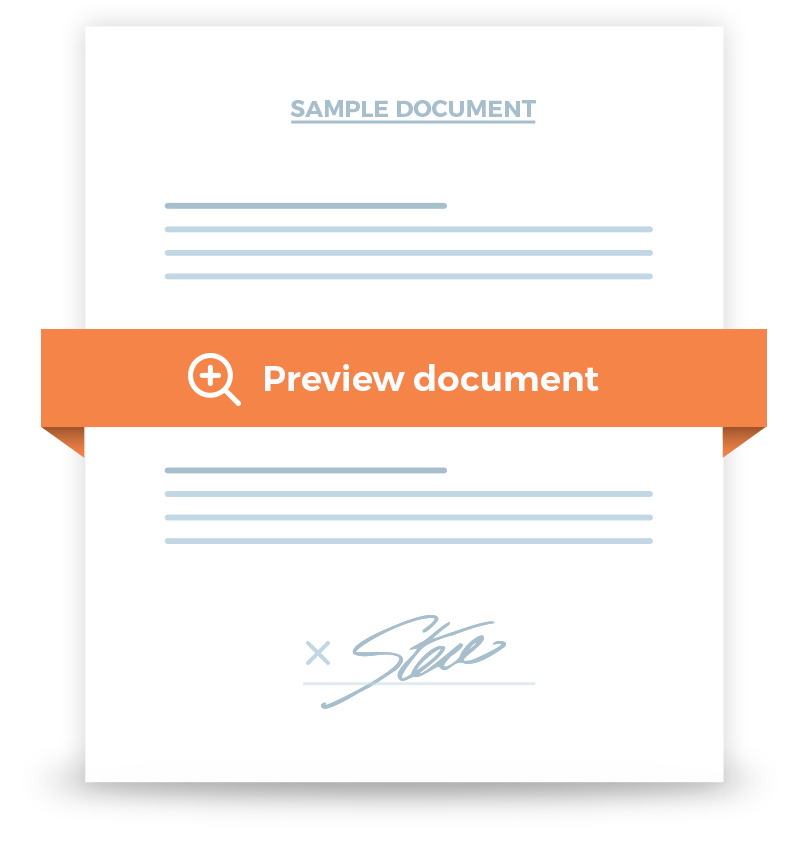Affidavit of Birth
An Affidavit of Birth is a sworn statement that replaces the birth certificate if it is not available for any reason.


Frequently Asked Questions
The birth certificate is issued, often by a hospital, at the moment of (or very shortly after) the live birth of a human baby. The birth certificate is a vital record that you will want to hold on to. It holds more authority than any Affidavit of Birth. In the United States, someone who does not possess a birth certificate can use an Affidavit of Birth to apply for a new one.
The DS-11 form is used to apply for a United States Passport. The same form is used for the first passport and up, including renewals and replacements for loss or destruction. The United States Department of State is in charge of all passport matters (where the DS comes from) and Form DS-11 can be found on its official website. One of the required documents is the birth certificate, for which a notarized Affidavit of Birth is an acceptable substitute.
The delayed birth certificate describes any birth certificate that took more than a year to create post-birth. Not all counties adopted instantaneous birth records at the same time, so some older people might have a so-called delayed birth certificate, which works just as well as any birth certificate.
You will want to get it corrected as it could result in a perjury charge punishable by up to a good stretch of time behind bars. For an Affidavit of Birth, the affiant must be certain of the sworn facts regarding the applicant's birth. If the details are incorrect for any reason, errors or no errors, you can just not use the affidavit and no one will get in trouble. Make another one that is accurate to the last detail.
Living without a birth certificate can be complicated. If you were born in the United States, you should be able to research the data in your county of birth. However, someone born in a country with subpar recordkeeping may have problems getting an Affidavit of Birth, let alone a birth certificate. One cannot make one’s own Affidavit of Birth so if that is the case, it is best to address the issue with the local authority where you believe you were born.




